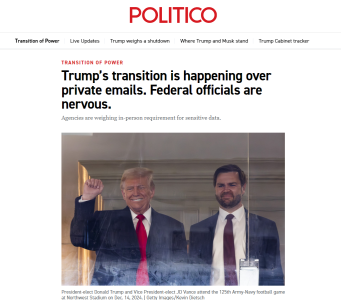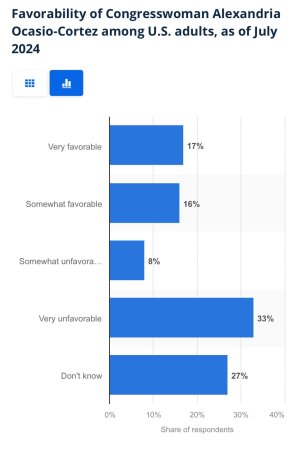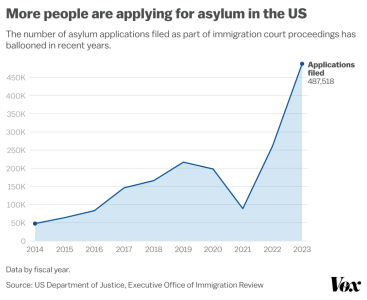“We alerted the authorities. We expected Mr. Kemp to take action. We were surprised to see the apparent response to that was accusing [the Democrats] of hacking,” said David D. Cross, a Washington attorney who
is helping sue Georgia to make it use paper ballots, said at a news conference Sunday afternoon.
By late Sunday, Kemp’s opponent, Stacey Abrams, was trying to reframe the investigation as yet another example of how — she says — the Republican has abused his government power as he seeks a higher office.
“Within the past hour it was revealed that Brian Kemp’s office, along with the FBI, was notified by a third party yesterday morning regarding a major security vulnerability of Georgia’s elections database,” Abrams’s campaign wrote in a statement. “Kemp’s false accusations against the Democratic Party of Georgia were nothing more than a pathetic attempt to cover up for his failures.”
The office of the secretary of state, which Democrats have accused throughout Kemp’s campaign of manipulating the electoral system for his benefit, announced the investigation Sunday morning with an all-caps headline that appeared directly below a voter’s guide on a government website:
“AFTER FAILED HACKING ATTEMPT, SOS LAUNCHES INVESTIGATION INTO GEORGIA DEMOCRATIC PARTY.”
The attached statement contained no evidence and almost no details on the Democratic Party of Georgia’s “
possible cyber crimes,” but it said Kemp’s office had launched the investigation Saturday evening and alerted the FBI and the Department of Homeland Security.
By early Sunday afternoon, however, Cross and at least one other voting rights attorney had called foul on Kemp.
Cross forwarded an email between himself and an FBI agent from Saturday, sent before Kemp’s office launched its probe. In it, the Washington lawyer tells the agent that a secretary of state website set up for voters to check their registration status and find polling locations may be leaking confidential voter information.
“Thanks!” the agent replies. “We’ll pass the information along to the Secretary of State’s Office for them to evaluate.”
Bruce Brown, a lawyer with the Coalition for Good Governance,
told the Who What Why blog that he had alerted Kemp’s attorneys to similar issues on Saturday.
The Democratic Party of
Georgia later released an email exchange between two of its staff members Saturday, forwarding someone else’s report about the security issue. The party suggested that Kemp had obtained this exchange, mistakenly assumed that the staffers had tried to hack the voter registration system and launched its investigation on a faulty premise.
The “Secretary of State’s office is apparently unaware that the letters ‘Fwd:’ means ‘forward’,” a spokeswoman for the party wrote.
Several hours after announcing its hacking investigation, after contradictory reports emerged, Kemp’s office issued an updated statement that sounded somewhat less dire:
“We opened an investigation into the Democratic Party of Georgia after receiving information from our legal team about failed efforts to breach the online voter registration system and My Voter Page,” reads the new statement. “We are working with our private sector vendors and investigators to review data logs. We have contacted our federal partners and formally requested the Federal Bureau of Investigation to investigate these possible cyber crimes. The Secretary of State’s office will release more information as it becomes available.”
This isn’t the first time Kemp’s office has claimed its voting systems were hacked based on thin evidence. After the presidential election in 2016,
the Hill reported, he accused President Barack Obama’s Department of Homeland Security of launching at least 10 failed cyberattacks on Georgia.
An investigation during President Trump’s administration concluded that the supposed attacks were actually “normal and automatic computer message exchanges generated by the Microsoft applications involved."
This weekend’s investigation into Kemp’s rival party was immediately condemned as a political ploy by Democrats and some commentators, who believe he should not oversee an election in which he is competing.
“Brian Kemp’s scurrilous claims are 100 percent false, and this so-called investigation was unknown to the Democratic Party of Georgia until a campaign operative in Kemp’s official office released a statement this morning,” Rebecca DeHart, executive director of the state Democratic Party, wrote in a statement to reporters. “This is yet another example of abuse of power by an unethical Secretary of State.”
Abrams, who is polling almost neck-and-neck with Kemp, told CNN on Sunday that she had been unaware of her opponent’s investigation into her party.
“He is desperate to turn the conversation away from his failures, from his refusal to honor his commitments, and from the fact that he’s part of a nationwide system of voter suppression,” she said.
In a statement late Sunday, Kemp’s spokesman issued the following statement:
“In an act of desperation, the Democrats tried to expose vulnerabilities in Georgia’s voter registration system. This was a 4th quarter Hail Mary pass that was intercepted in the end zone. Thanks to the systems and protocols established by Secretary of State Brian Kemp, no personal information was breached. These power-hungry radicals should be held accountable for their criminal behavior.”
Voting rights has become a major issue in the campaign, which has drawn national attention because Abrams, 44, if elected, would become the nation’s first black female governor.
Abrams, who four years ago started a nonprofit group whose goal was to sign up hundreds of thousands of unregistered people of color, has clashed repeatedly with Kemp, whom she calls “the architect of voter suppression.” Kemp investigated the group, with which Abrams is no longer affiliated, on suspicion of fraud but found no wrongdoing.
Kemp, 55, who has argued that the policies are aimed at preventing voter fraud, also has been criticized for having purged more than a million voters from the rolls during the past year. He has rejected calls, including one from former president Jimmy Carter, that he should step down as the state’s top elections official while he is running for governor.
Although lawmakers and elections officials in Republican-controlled states have cited concerns about cheating to enact strict voter registration and identification laws,
there is no evidence of widespread fraud in the United States.
Kemp’s office came under intense scrutiny last month when the Associated Press reported that more than 53,000 voter registration applications — 70 percent of them from African Americans — had been held up because the identification information was not an “exact match” to other state records on account of discrepancies such as a dropped hyphen in a person’s name.
On Friday, a federal judge
ordered the state to immediately stop using the rule, saying it would probably lead to violations of the voting rights of a large number of people. Less than two weeks ago, in a separate case, a federal judge ordered elections officials to
stop automatically rejecting absentee ballots after advocates filed suit against Gwinnett County, which threw out hundreds of ballots because of discrepancies in signatures or missing addresses.
President Trump is scheduled to host a campaign rally for Kemp in Macon on Sunday.









































